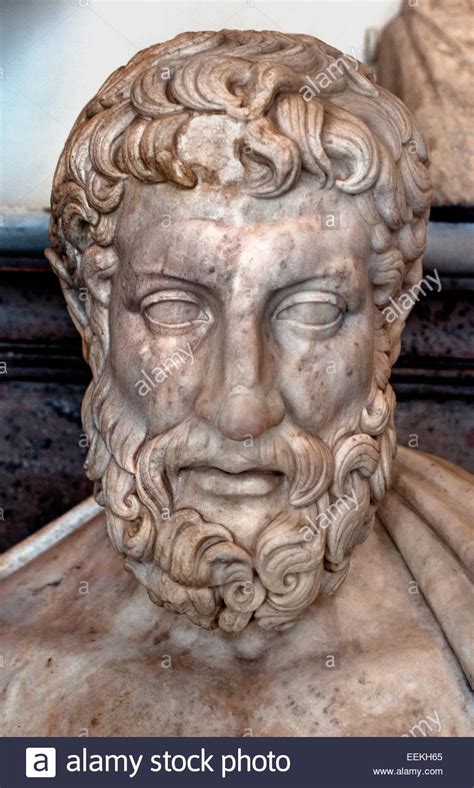A Quote by Ray Dalio
Ask yourself whether you have earned the right to have an opinion. Opinions are easy to produce, so bad ones abound. Knowing that you don't know something is nearly as valuable as knowing it. The worst situation is thinking you know something when you don't.
Related Quotes
Get to know yourself. Know your own failings, passions, and prejudices so you can separate them from what you see. Know also when you actually have thought through to the nature of the thing with which you are dealing and when you are not thinking at all... Knowing yourself and knowing the facts, you can judge whether you can change the situation so it is more to your liking. If you cannot--or if you do not know how to improve on things--then discipline yourself to the adjustments that will be necessary.
You can't sit down and write 300 compositions in a three-month period and think that you're doing it all by yourself. Obviously, there's something going on here. And whether you want to call it channeling or being connected to a creative force or knowing your history and knowing where you belong, that's, you know, maybe a personal thing.
Right now you can allow yourself to experience a very simple sense of not knowing - not knowing what or who you are, not knowing what this moment is, not knowing anything. If you give yourself this gift of not knowing and you follow it, a vast spaciousness and mysterious openness dawns within you. Relaxing into not knowing is almost like surrendering into a big, comfortable chair; you just fall into a field of possibility.
Meditation is a journey to know yourself. Knowing yourself has many layers. Start knowing your bodily discomforts. Know your success, know your failures. Know your fears. Know your irritations. Know your pleasures, joy and happiness. Know your mental wounds. Go deeper and examine every feeling you have.
These are the only two situations possible, and you are in the sad situation. Everybody may know about you - who you are - but you yourself are completely oblivious of your transcendence, of your real nature, of your authentic being. This is the only sadness in life. You can find many excuses, but the real sadness is this: you don't know who you are. How can a person be happy not knowing who he is, not knowing from where he comes, not knowing where he is going? A thousand and one problems arise because of this basic self-ignorance.
The ego encourages you to constantly prove yourself and what you already know. When you are in the presence of someone you feel the need to impress, the ego's automatic response is 'I know.' The moment you say 'I know,' you are demonstrating that you don't know. You can learn something valuable from everyone, in every situation.
The only thing I know that makes me feel comfortable is to know as much as I can. Not like what the shots are going to be, but knowing enough about my character that I can forget those things. And more specifically, my lines. I have to know my lines. I have to know something really well, so I can forget it when we're doing it. And there is comfort in knowing, "Okay, there's not another stone that I could have overturned."
While the dogmatist is harmful, the sceptic is useless ...; one is certain of knowing, the other of not knowing. What philosophy should dissipate is certainty, whether of knowledge or of ignorance. Knowledge is not so precise a concept as is commonly thought. Instead of saying 'I know this', we ought to say 'I more or less know something more or less like this'. ... Knowledge in practical affairs has not the certainty or the precision of arithmetic.
The FBI director's probably spent a great deal of pressure to go either way - you know, to have said something, to not have said something. And, you know, he made the decision this was the right way to go. You know, I'm not going to second guess him without knowing all the information related to the investigation.
The motive that impels modern reason to know must be described as the desire to conquer and dominate. For the Greek philosophers and the Fathers of the church, knowing meant something different: it meant knowing in wonder. By knowing or perceiving one participates in the life of the other. Here knowing does not transform the counterpart into the property of the knower; the knower does not appropriate what he knows. On the contrary, he is transformed through sympathy, becoming a participant in what he perceives.
I think it's much more interesting to live not knowing than to have answers which might be wrong. I have approximate answers, and possible beliefs, and different degrees of uncertainty about different things, but I am not absolutely sure of anything. There are many things I don't know anything about, such as whether it means anything to ask "Why are we here?" I might think about it a little bit, and if I can't figure it out then I go on to something else. But I don't have to know an answer. I don't feel frightened by not knowing things, by being lost in the mysterious universe without having any purpose - which is the way it really is, as far as I can tell.


































